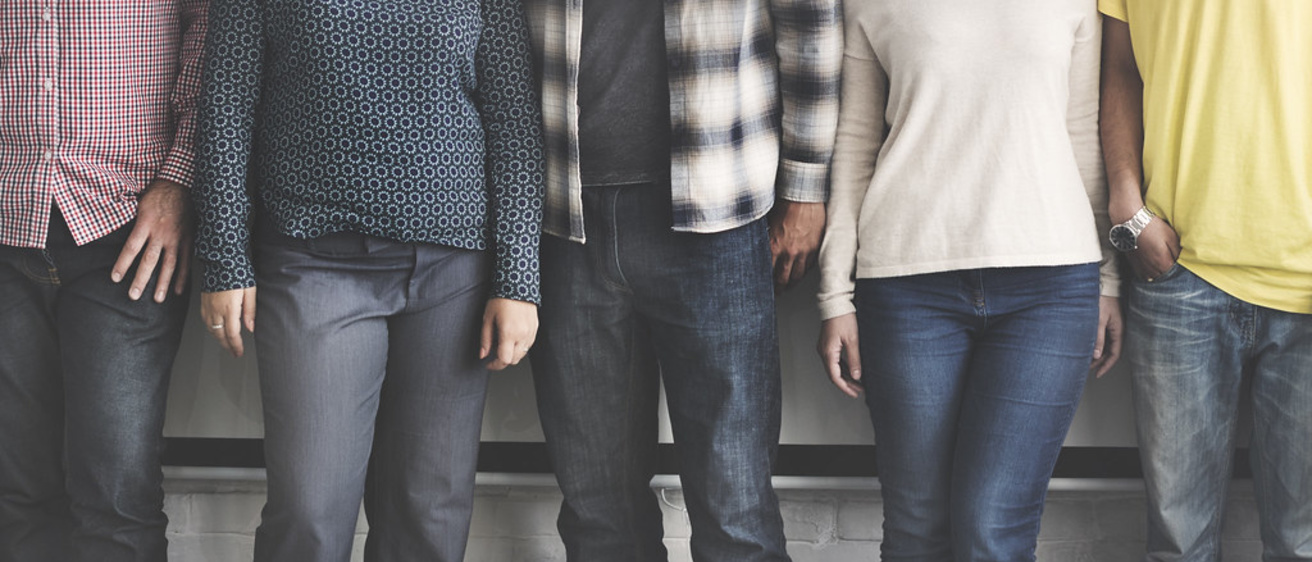"...the opposite of addiction is not sobriety. The opposite of addiction is connection.” - Johann Hari
The COVID-19 pandemic ripped apart all sense of normalcy for many people. Data shows a rise in addictive behaviors since March 2020 as people saw drastic increases in stress and isolation. Stress and isolation are risk factors for increased alcohol consumption, other substance use, and maladaptive coping, such as other process addictions, which include eating or shopping. The brain seeks pleasure from the chemical dopamine that is produced through connection and enjoyable things, but in the absence of positive stimuli, the brain seeks out pleasure, including alcohol or other substances.
The pandemic exacerbated already elevated levels of stress. For individuals with marginalized identities such as Black LGBTQ+ and women, alcohol use increased. Typical ways of connecting with others changed during the pandemic, causing many people to be and feel alone. The ways that many people typically cope, such as reaching out to their social networks and spending time connecting, quickly and drastically changed with little opportunity to develop new coping mechanisms. This, coupled with the unpredictability of the world, created more barriers and challenges for individuals vulnerable to substance use.
In a Ted Talk titled, “Everything you think you know about addiction is wrong,” Johann Hari described how people who have substance use disorders isolate and feel an immense amount of shame. Shame and regret play a role in being unable to forgive oneself, therefore causing further isolation from loved ones. As we enter this next phase of the pandemic, purposeful connection remains important for all who struggle with addictions. This could be in-person or online supports and connecting with friends or family. Seeking out opportunities to develop connections helps to demystify the secrecy and shame associated with addiction.
Organizations that traditionally offered in-person support created virtual formats to make support more accessible when in-person services were no longer an option. Organizations such as Alcoholics Anonymous, SMART Recovery, and NAMI support groups continued connecting with others while removing traditional attendance barriers.
Moving forward in a post-pandemic world, connection remains key. Leaning into formal support such as an appointment with the University Counseling Service (UCS) or Employee Assistance Program (EAP) and natural support (spending time with friends and family), are essential. Developing new habits of connection takes time and you are encouraged to consider the role support plays in developing or maintaining effective coping strategies.
Leaning into natural supports cannot be understated. This is the community that you choose to surround yourself with and while these relationships may ebb and flow over time, creating a consistent network of people that you can reach out to has benefits. These reciprocal relationships offer opportunities for connection and can decrease feelings of isolation and loneliness. Consider what you want or need from these relationships. This does not need to be formal or extended periods of connection, but consider what opportunities you have for spontaneous or brief connection, e.g., a text message, meeting up for coffee, or even a word of kindness can go a long way.
The University of Iowa provides many opportunities to connect on campus. Through Campus Engagement and Student Programs, students can find clubs and student organizations that fit their interests and offer the opportunity to learn professional skills. Recreational Services provides group fitness, intramural, and sports clubs to offer comradery surrounding physical wellness.
UI also offers workshops to connect to one another while building skills to help when difficult emotions arise. For students, UCS offers group therapy and psychoeducational and skill-based programs including Getting Unstuck and Distress Tolerance workshops. Student Wellness offers Koru Mindfulness™ workshops, mindfulness silent retreats, intuitive eating workshops. For employees, liveWELL offers trainings, workshops, and health coaching; UI EAP offers brief, solution focused counseling regarding work or personal life. This can include counseling and referral services, management and supervisory consultation, mental health and addiction consultation and referral, financial concerns.
The UI Collegiate Recovery Program (CRP) provides an environment that supports the therapeutic and educational needs of Iowa students who are considering recovery, are in recovery, or wanting to support those in any stage of recovery. A collaboration with UCS and Student Wellness, students are supported in the development of their goals surrounding substance use. Currently, the CRP offers Success, Not Excess, a weekly, drop-in support group for students who are interested in making changes in their use. The CRP also presents to campus groups and departments. The Recovery Ally Training program aims to destigmatize substance use and to practice empathy and compassion toward those with substance use disorders. This training is available to all faculty, staff, and students. The CRP also is a key collaborator on the Black & Goal’d Remix Tailgates that provides a space for students to receive free food and socialize at home Hawkeye football games.
These and other campus resources have been discussed in the First Thursdays: Mental Health Speaker Series. Recordings of these are available.
Connection and compassion through challenging times could not be more important. It’s equally necessary to practice kindness and empathy when we talk to those that may be dealing with addictions.
